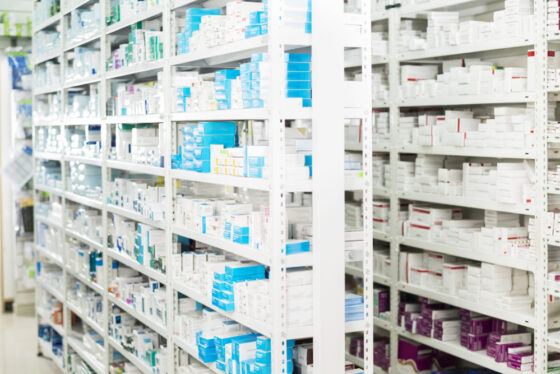Leiden study shows adjusting drug doses to patient DNA cuts side effects


Patients experience 30% fewer serious side effects when their medication doses are tailored to their DNA, according to a team of international researchers led by Leiden University Medical Center.
The study, published in The Lancet, shows that patients may respond differently to a specific drug depending on variations in their genetic information. For example, some individuals process medication faster than others and, as a result, require a higher dose to achieve the necessary effect.
‘For the first time we have proven that a ‘tailored’ strategy works at a large scale within clinical practice. There is now enough evidence for us to proceed with implementation,’ said Leiden professor Henk-Jan Guchelaar who coordinated the research.
To make more personalised treatments possible, the researchers developed a ‘DNA medication pass’ that links a patient’s genetic profile to drugs which are influenced by DNA. Scanning the pass enables doctors and pharmacists to know what the optimal medication dose is for the individual being treated.
Some 7,000 patients from seven European countries were assessed over several medical specialities, including oncology, cardiology, psychiatry and general medicine.
The Lancet study found that patients who actively make use of the medication pass, and whose doses are adjusted according to their DNA, experienced 30% fewer serious side effects than patients who were prescribed a standard dose of medication.
In addition, the researchers say, the pass gives patients the feeling of being more in control, as they become actively involved in their personalised treatment.
Guchelaar believes the pass, which costs between €300 and €600, should now become part of the standard care package. ‘We want to move towards mapping the DNA of every patient who comes to the pharmacy,’ Guchelaar said. ‘In this way, we can make treatment more effective and safer for each patient.’
Thank you for donating to DutchNews.nl.
We could not provide the Dutch News service, and keep it free of charge, without the generous support of our readers. Your donations allow us to report on issues you tell us matter, and provide you with a summary of the most important Dutch news each day.
Make a donation